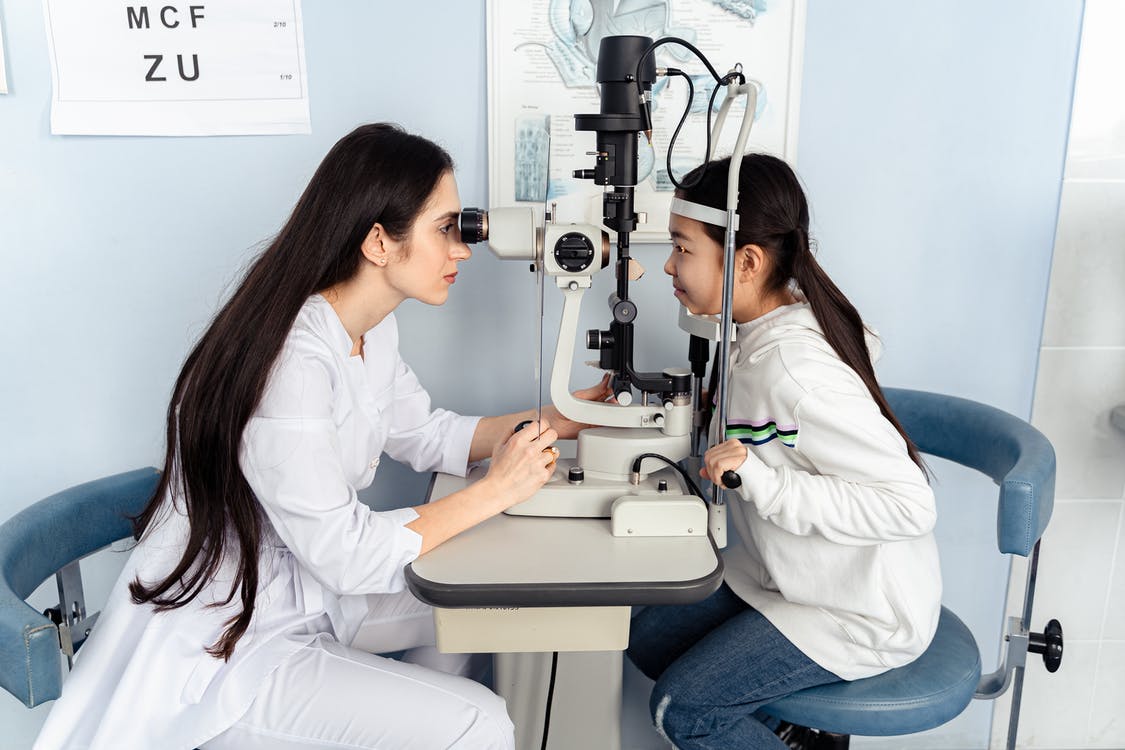Disability benefits offered under Social Security are financial assistance for those unable to work because of a disability. You must have worked for a long time before being diagnosed with an illness that prevents you from obtaining these benefits. The monthly payments will be paid through Social Security if you are eligible for disability benefits.
Despite the importance of this security, many people do not have it. The benefits of disability from Social Security might be challenging to obtain. However, not many people are aware of the system since most people don’t research it until they require it. Because of the system’s complexity, many misconceptions about obtaining SSDI benefits remain.
Disproving Disability Claims Myths
There’s a lot of false information that could mislead people regarding Social Security disability claims. This is understandable to a certain degree, considering the difficulties in navigating the process of getting these benefits. This article is therefore designed to provide accurate information on the disability benefits offered by Social Security.
1. My doctor’s disability declaration validates the claim.
While the information provided by your doctor’s office is part of the medical evidence for approval, the doctor isn’t the person who makes the final decision.
The Social Security Administration (SSA) is the sole body to determine whether a Social Security Disability Insurance (SSDI) claim is accepted. This is since granting benefits is essentially an administrative decision, not an actual medical diagnosis, even though health issues are the basis of SSDI decision-making. For instance, you have diabetes, you can type in “Binder & Binder: diabetes” to connect with a firm to assist you in your application.
2. First-time applicants are denied.
While it’s true that around 70% of applications are rejected at the initial stage, most times is due to errors in the application’s documentation or the absence of valid medical documentation.
Ensure you thoroughly and accurately fill in the application, and provide detailed medical evidence to support your claim to be disabled. This will significantly increase your chances of being approved. If it’s your first time to apply, you can have a free disability evaluation to know if you’re qualified.
3. You can’t work if you receive disability benefits.
Patients with medical conditions are eligible to be eligible for SSDI benefits. These are relatively low-cost payments that offer a financial security net. SSDI benefits are not intended to replace and cannot wholly replace earnings earned from work. SSDI beneficiaries can work.
The Social Security Administration (SSA) strongly recommends that beneficiaries return to work if they can and permits an initial nine-month period in which they can work without being denied benefits. The SSA does not consider you disabled if you’re employed and engaged in a significant profit-making activity after nine months.
4. There’s no reason to hire an attorney.
Attorney’s help isn’t necessary to file an appeal or appeal a denial of Social Security Disability Insurance (SSDI) claims; however, it could be extremely helpful. Additionally, experienced Disability Lawyers is aware of the timeframes and rules that must be met to be eligible for benefits and the complexity involved in SSDI instances.
Suppose your application to receive Social Security Disability Insurance (SSDI) benefits is denied. In that case, an attorney’s help will place you in the best position to defend your rights and help you navigate applying successfully.
5. SSDI covers only work-related injuries and illnesses.
The claims of the Social Security Disability Insurance program are available regardless of whether or not the injury or illness occurred while working or was caused by work conditions. There are a variety of reasons people believe this.
Social Security Disability Insurance (SSDI) claims can be misinterpreted as workers’ compensation. This type of benefit requires a work-related illness or disability that prevents the person from working. To clarify, however, you can receive SSDI benefits does not require that your job caused the condition that is causing you to be disabled.


